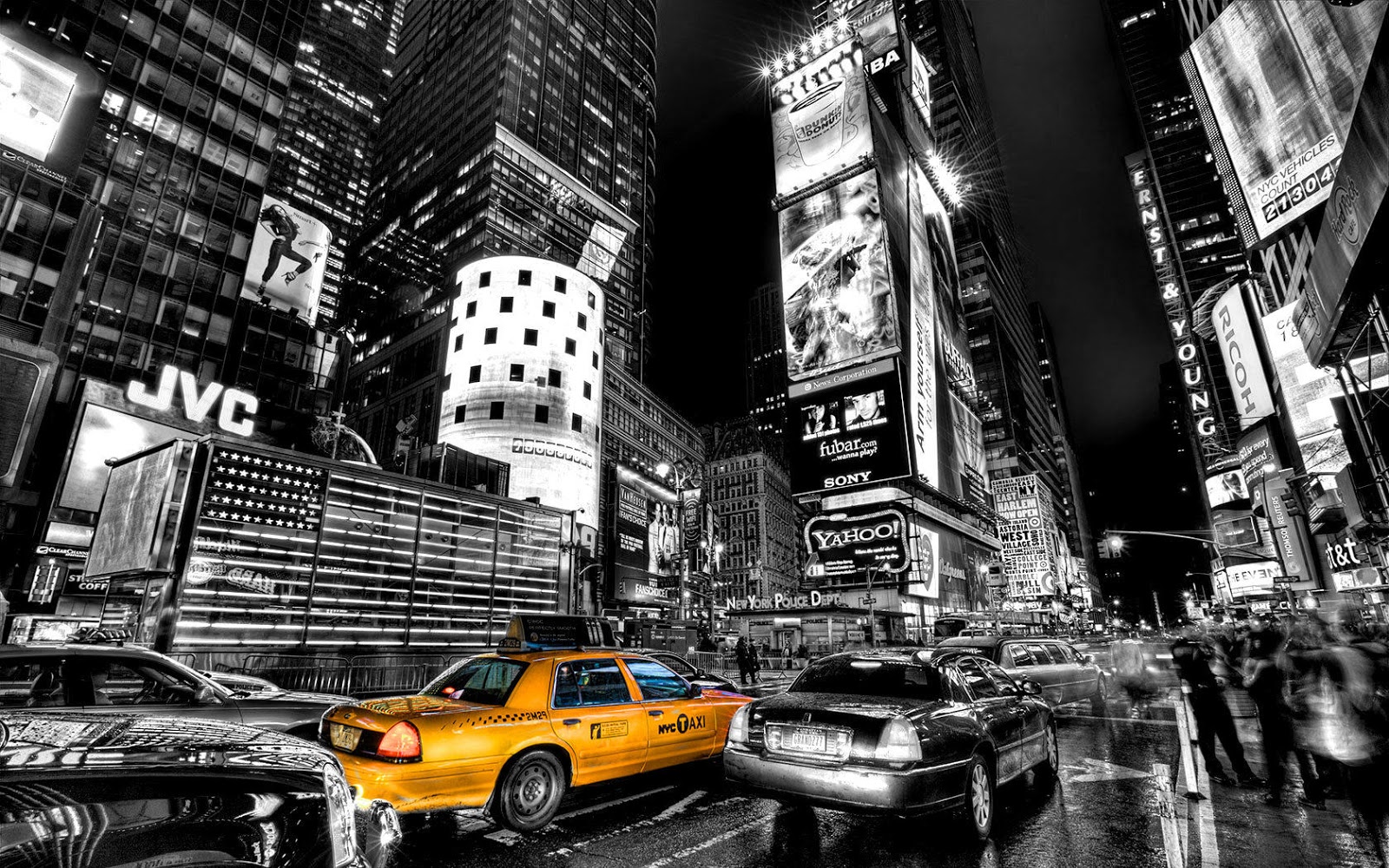New York City, a melting pot of cultures and identities, has a unique narrative that intertwines the experiences of black and white communities. The vibrancy of the city is reflected in its art, music, fashion, and social dynamics, showcasing a rich tapestry of stories that deserve to be told. Black White New York represents not only the physical spaces occupied by these communities but also the emotional and historical landscapes they have navigated together. This article dives deep into the heart of this cultural intersection, revealing the experiences, contributions, and challenges faced by individuals and groups within the black and white communities of New York City.
As we navigate through the complexities of race and identity, it’s essential to highlight the narratives that have shaped the lives of countless New Yorkers. From the Harlem Renaissance to modern-day artistic expressions, the black and white communities have influenced each other in profound ways. Their collaborations and concurrent growth have forged a path toward understanding and solidarity, despite the historical tensions that have often defined their interactions. In this exploration, we will examine key figures, movements, and events that define the black and white New York experience.
With an eye toward the future, we will also consider how these communities continue to evolve and impact the broader cultural landscape of New York City. By asking critical questions about identity, representation, and collaboration, we hope to shed light on the ongoing narrative of black and white New York, encouraging readers to engage with its rich history and promising future.
What is the Historical Context of Black White New York?
The historical context of black and white communities in New York City is a complex tapestry woven from threads of migration, struggle, and resilience. The Great Migration saw thousands of African Americans move to northern cities, including New York, in search of better opportunities. This influx significantly influenced the cultural landscape, leading to the flourishing of the Harlem Renaissance in the 1920s. During this period, black artists, writers, and musicians made their mark, contributing to a vibrant cultural scene that attracted attention from both black and white audiences.
Key Historical Events Shaping Black White New York
- The Abolition of Slavery in New York (1827)
- The Civil Rights Movement (1950s-1960s)
- The Stonewall Riots and LGBTQ+ Rights (1969)
- The Cultural Renaissance of the 1980s and 1990s
Who are Some Influential Figures in Black White New York?
Throughout history, numerous individuals have emerged from the black and white communities of New York, shaping culture, politics, and social movements. Their contributions have not only enriched the city’s identity but have also fostered dialogue around race, identity, and justice.
Notable Personalities and Their Contributions
| Name | Profession | Contribution |
|---|---|---|
| James Baldwin | Writer | Explored race, sexuality, and identity in his works. |
| Jean-Michel Basquiat | Artist | Challenged racial stereotypes and socio-political issues through art. |
| Audre Lorde | Poet | Advocated for civil rights, feminism, and LGBTQ+ rights. |
| Woody Guthrie | Musician | Highlighted social injustices through folk music. |
How Has Art Influenced the Black White New York Narrative?
Art serves as a powerful medium for expressing complex emotions and experiences related to race and identity. In New York, the intersection of black and white artistic expressions has led to groundbreaking collaborations and movements that reflect the city’s diverse culture.
The Impact of the Harlem Renaissance
The Harlem Renaissance was a pivotal moment in which black artists and writers broke free from societal constraints, creating a vibrant cultural scene that resonated across racial lines. This period laid the groundwork for future generations of artists to continue pushing boundaries and engaging in dialogues about race.
Current Artistic Movements Reflecting Black White New York
- The Black Lives Matter movement influencing street art.
- Collaborative projects between black and white artists addressing social justice.
- Exhibitions showcasing the contributions of diverse communities in New York.
What Challenges Have Black and White Communities Faced Together?
While black and white communities in New York have shared moments of collaboration and unity, they have also faced significant challenges, including systemic racism, economic disparities, and social injustice. Understanding these challenges is crucial to addressing the complexities of race relations in the city.
Historical and Contemporary Struggles
From the early days of segregation to recent protests against police brutality, the black and white communities have navigated a landscape fraught with tension. These struggles have often prompted collective action and solidarity, leading to greater awareness and change.
Community Initiatives Aiming to Bridge Divides
- Community dialogue workshops fostering understanding.
- Collaborative art projects highlighting shared experiences.
- Advocacy programs promoting equity and justice.
What is the Future of Black White New York?
The future of black and white communities in New York City holds promise as individuals continue to advocate for equality and collaboration. The evolution of these communities signifies a collective effort to create a more inclusive city that celebrates diversity.
Emerging Trends and Collaborations
As new generations inherit the legacy of their predecessors, innovative approaches to art, activism, and community building are emerging. These trends are crucial in fostering understanding and collaboration between black and white communities.
The Role of Education in Shaping Future Perspectives
- Curricula that include diverse histories and perspectives.
- Programs that encourage cross-cultural exchanges.
- Initiatives aimed at empowering youth through the arts.
In conclusion, the narrative of black and white New York is one of resilience, creativity, and ongoing dialogue. By celebrating the contributions of both communities, acknowledging their struggles, and looking towards a future of collaboration, we can continue to enrich the cultural landscape of this remarkable city. It is essential to engage with these stories, as they not only reflect the past but also shape the future of New York City.


